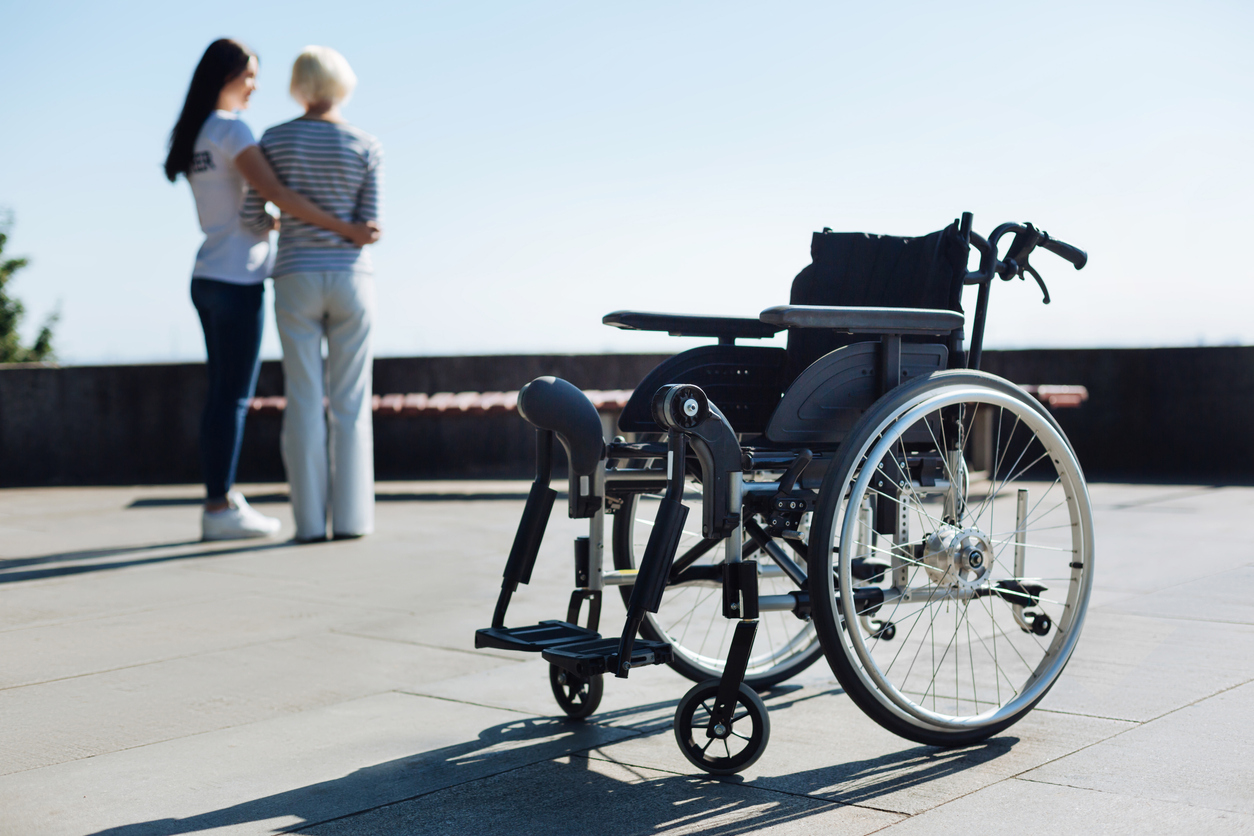When a person cannot work because of a disability, that person may qualify for Social Security disability benefits. There are two programs available for disability payments. The federal government pays disability benefits from Social Security funds. Our Michigan SSDI attorney can help you determine which program applies if you cannot work because of a disability.
Where Does the Government Get Funds for Social Security Disability Benefits?
The Social Security Administration (SSA) administers Social Security benefits for individuals throughout the United States. Social Security benefits include both retirement disability payments. The program is funded through payroll taxes paid by employees and employers. The funds collected through payroll deductions are divided between two accounts – Old Age and Survivors Insurance (OASI) and Disability Insurance (DI).
For 2021, payroll tax deductions for Social Security equals 12.4 percent of income up to $142,800. Employees and employers split the payment by paying 6.2 percent. Self-employed individuals pay the entire amount owed for Social Security taxes.
Most of the taxes paid to Social Security go into the disability insurance fund. Only a small portion is paid to the retirement fund. When a person is approved for Social Security disability benefits, they receive payments from the Disability Insurance fund.
How Do I Qualify for SSDI Benefits?
SSDI benefits are disability payments for individuals who cannot work because of a disability. Before you can qualify for SSDI benefits, you must contribute to the system. Individuals contribute to SSDI by working and paying employment taxes to Social Security. The amount of taxes you must pay before you are eligible for SSDI benefits depends on your age, income, and work history. Work credits are used to determine if you have paid enough money into the system to be eligible for SSDI benefits.
When you pay employment taxes, you receive work credits. The work credits are based on the amount you earn. You can earn up to four credits each year. For example, in 2021, you must earn $1,470 in covered earnings for each credit. So, once you earn $5,880 in 2021, you have earned your maximum of four work credits for that year.
To be eligible for SSDI disability benefits, you must have earned 40 work credits if you were born after 1928. If you are 31 years or older, at least 20 of the 40 work credits must have been earned within the ten years before you became disabled. The number of work credits needed to qualify for SSDI is adjusted for individuals under the age of 31 years.
In addition to your work credits, you must meet the definition of disabled. The definition of disabled used by the Social Security administration may be different from the definition used by other agencies or insurance providers.
You are disabled if you have a medically verifiable mental or physical impairment that will result in your death or will last for one year or longer. In addition, the impairment must prevent you from performing any substantial gainful activity that would earn income.
Schedule a Free Consultation With Our Michigan SSDI Attorney
If you have questions about SSDI disability benefits, contact our office to schedule a free consultation with an experienced Michigan SSDI attorney. At Disability Law Group, disability is all we do and we are here to help you.










